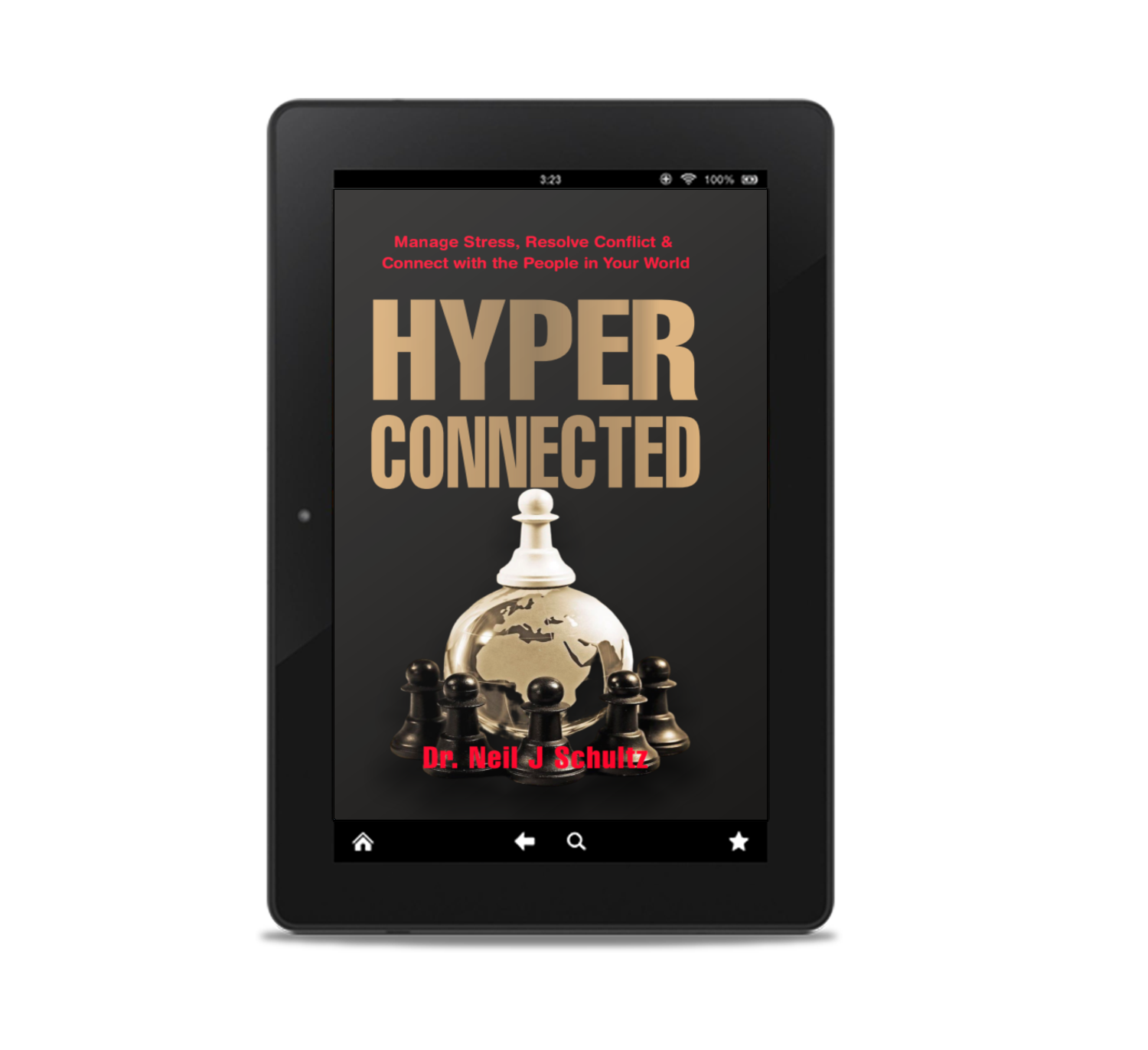Behavioural interviewing is based on the assumption that past performance will be predictive of future performance. In other words, people repeat their behaviour over and over again even if the environment changes. It is attractive because it is thought to accurately predict a candidates future performance and forces the candidate to prove themselves by describing their performance in different situations.
In the past, questions were often posed in an opened ended manner (e.g. Tell me about …) but this led to problems with comparing candidates because different people will provide very different responses that are not easily compared. Instead, in behavioural interviews, candidates can be asked reasonably specific questions designed to tease out how they deal with situations, or to reveal their thinking processes and so on.
It is the most common interview technique used for candidates now, so it is important to understand the concepts involved. Also be aware that interviewers might ask a series of very similar questions, usually not next to each other. This allows the interviewer to confirm the consistency between your answers. If they are inconsistent, it might lead to an assumption that the candidate has been embellishing or even lying to try to ‘beat’ the test.
The ‘SAO’ Response
Behavioural interview questions have a purpose, and so the answer should seek to fulfil the purpose. This can be achieved by structuring your answers using a process called the “SAO” response.
SAO is an acronym for:
- Situation
- Action
- Outcome
A variation of this is the STAR response which is an acronym for Situation; Task; Action and Response. It is slightly more complicated to use without much gain.
In more detail, the SAO response involves:
Situation
- Describe the situation that you were in as it relates to the question asked.
- Ideally, this should be a specific situation both because it is more believable and relatable and because it tells the interviewer that you know how to deal with the problem because you have actually done it before.
- The situation does not need to be related to work, it might involve an experience in volunteer work or even personal experience.
Action
- Describe the actions that you took to deal with the situation at hand.
- Be sure to create a relatable picture for the interviewer to properly understand what you are saying and be sure to describe the situation from the perspective of your role.
Outcome
- Describe the outcome of the situation after your actions, again trying to provide enough detail to the interviewer so that they have a good understanding of the experience.
- Ideally find a number of positives in the outcome. This will include a positive outcome itself, what you learnt from the experience, and what was achieved,
- Situations with a negative outcome can be discussed though there must still be some positive elements. If your input is not helpful though, find another example.
General Preparation for Behavioural Interviews
You can prepare for behavioural interviews by:
- Recalling situations that you have been involved in
- Fit them into a SAO format
- Confirm that the outcomes are positive from your perspective
- Avoid embellishing the situation
- Ensure that the situations are based on different areas of your life.
Dealing With Your Nerves
Anxiety affects everyone in different ways and with different levels of severity. Interviewers understand that the candidates may be anxious, but those candidates who are in control of their anxiety during the interview will present better and be more likely to impress the interviewer.
There are things that you can do to help with your anxiety:
1. Maintain Perspective
As you are preparing for, and involved with the interview, always remember that it is not the only position that will be available either now or in the future. Other opportunities will come and if this particular position does not work out, then one of those will.
2. Simple Breathing Exercises
There are many techniques for reducing anxiety quickly and efficiently. One of the simplest, involves just slowing down your breathing for a short time. To describe the process, take a deep breath in, then hold for 2 seconds. Then breath out, and hold for 2 seconds. Then repeat the process as long as you need to, which in your preparation time might involve 20 or 30 cycles, and while you are waiting for the interview to start you could do it as long as you need to. However, if you have been practicing, then during the interview, you could shorten it to just a single breath.
3. Speak Slowly
Rapid speech is often a sign of increased anxiety, but it is obvious to the listener who may not associate it with anxiety. It is reasonably easy to control the speed of speech. While you are being interviewed, maintain an awareness of how quickly you are speaking, and if you detect that your speech is speeding up, then deliberately slow down. To ensure that you are comfortable doing this, practice beforehand. This can be done by recording your speech using your mobile phone and then playing it back. Try saying things rapidly and then deliberately slowing it down while recording, listen to it and notice that it sounds easier for people to understand and follow. It will also be easier for you to control your train of thought if you are speaking more slowly.
4. Dress Appropriately
There is no one way to dress for an interview. It will be different depending on the position, your personality and where the interview is being held. However, make sure you dress in a way that you are comfortable and confident, and that it is appropriate for the position that you are applying for.
5. Prepare Your Answers
If your answers are prepared ahead of time, then it will be easier to present cohesive and thoughtful answers during the interview. Most interviewers do not provide the questions ahead of time, but they are often reasonably predictable. Behavioural questions are covered in the next section and you should take the time to answer them. You should also be prepared for skills questions, especially if the position is a technical one, and be familiar with your CV and cover letter to make sure it is all at your fingertips and you can answer questions that arise from it. so it is worth spending some time going through them.
Dr Schultz spent 22 years working in psychiatry and then went on to qualify as a lawyer. He has spent 34 years helping people solve problems and the unique combination of medicine, psychiatry, law and mediation provides a unique academic and practical approach to life's challenges.









